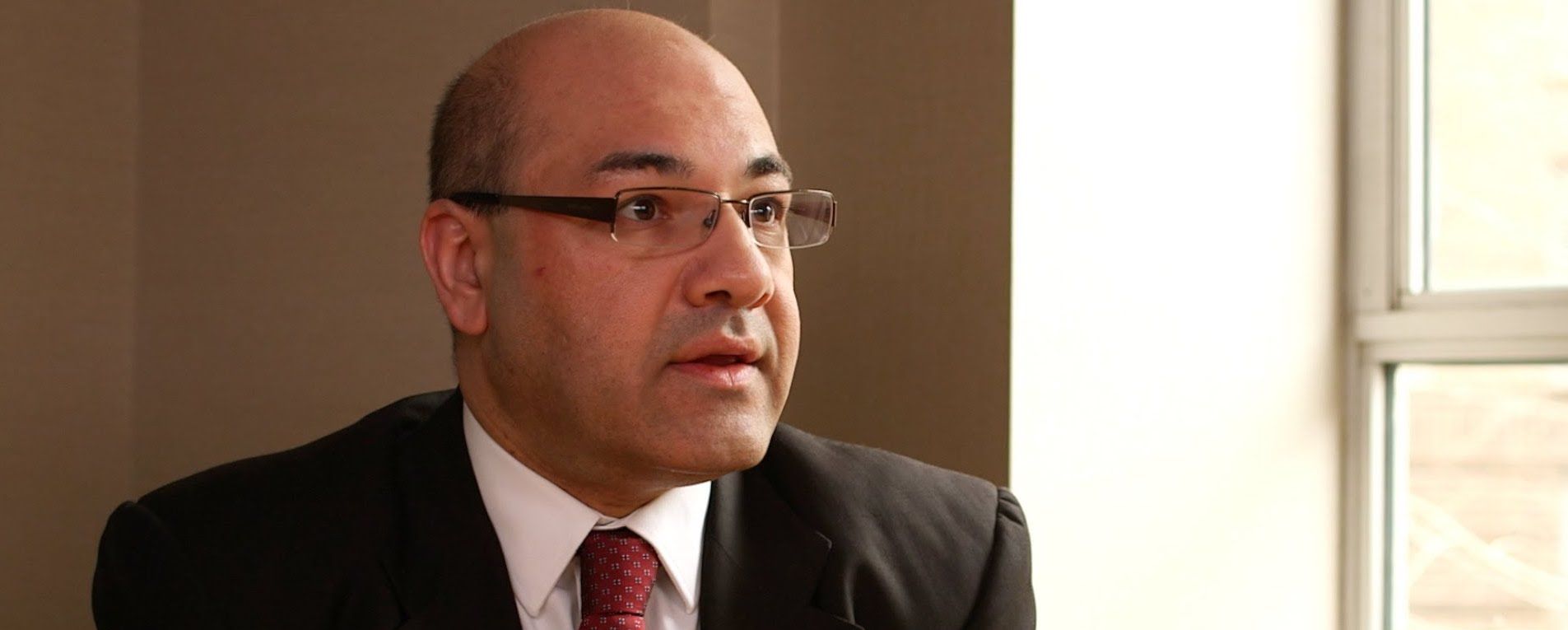Iraq's Ambassador to the United States, Lukman Faily, Updates Blogs of War on the ISIL Threat

Ambassador Faily was kind enough to take some additional questions. I originally submitted these questions to him the day before there were widespread reports of, if not a coup, at least a difficult political transition in Baghdad. That situation has since stabilized somewhat but the environment remains challenging. You can follow Ambassador Faily on Twitter @FailyLukman.
John Little: How would you describe the security situation in and around Baghdad at his time? Has the Iraqi government made progress in its preparations for a possible ISIL assault?
Ambassador Faily: The situation in Baghdad itself is stable, however there are pockets in the outskirts of the city where ISIL has launched attacks. These attacks have been pushed back by the Iraqi security forces as we’ve stepped up our defenses to protect the capital against potential attacks.
John Little: Has your government’s relationship with the Kurdistan Regional Government changed in any significant way since the start of the ISIL offensive?
Ambassador Faily: The central government and the Kurdistan regional government have been cooperating on military, humanitarian and political matters to confront the serious threat of ISIL. Joint operations centers have been established to coordinate these efforts. As an example, the Iraqi Air Force has been supporting Kurdish peshmerga forces in the Sinjar area as part of our joint efforts to alleviate the suffering of the Yazidi community who have been trapped on Mount Sinjar.
John Little: At the start of this crisis U.S. support for Iraq seemed uncertain. There has obviously been some progress but, from the outside looking in, it seems that there is still a fair amount of uncertainty. Do you feel like your government has reasonable assurances of support from the Obama administration? What immediate action would you like to see?
Ambassador Faily: We are in constant talks with the US Administration regarding military and humanitarian cooperation.We appreciate President Obama’s courageous decision to conduct airstrikes in response to ISIL’s attempt to commit genocide against minorities in Iraq. This is a brutal terrorist organization that has even been denounced by Al-Qaeda. Many of its members hold Western passports, and it is clear that their ambitions extend far beyond the Middle East. Therefore, drastic and immediate actions are required to counter this imminent threat from ISIL. Given the unfolding humanitarian crisis in Iraq, broader and more intensive airstrikes and additional humanitarian assistance would help mitigate against further atrocities.
John Little: The United States and others can blunt the ISIL threat and buy the Iraqi government some time but ultimately it has to be responsible for its own security and stability. Many are worried that the Iraqi government is countering extremism with extremism through its reliance on government-aligned militias. Is a truly inclusive Iraqi government and society possible?
Ambassador Faily: Yes. We have seen significant progress over the past 6 weeks as Iraq’s political leaders have come together to elect the Speaker and President. Recently, a prime minister designate was named. All three positions were chosen through broad agreement among Iraq’s political leaders, who stand united against the common threat of ISIL, and we are likely to see the formation of an inclusive government within a month that will lead the charge against these brutal terrorists.
